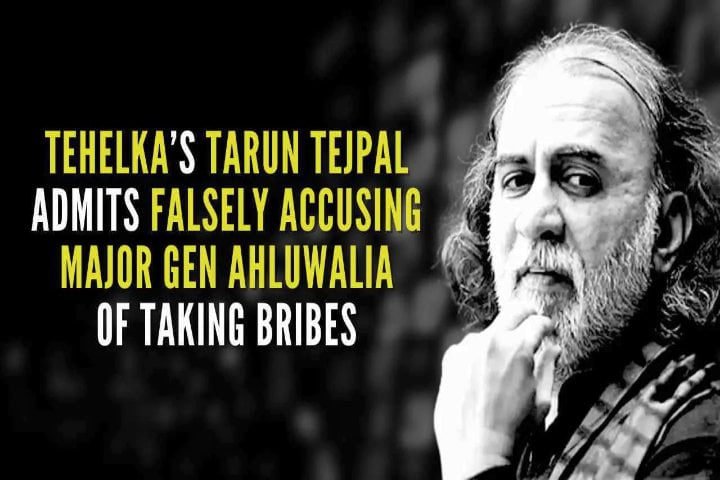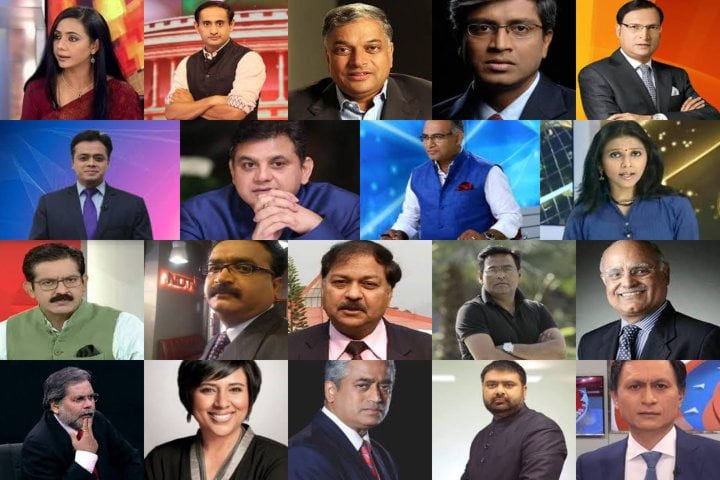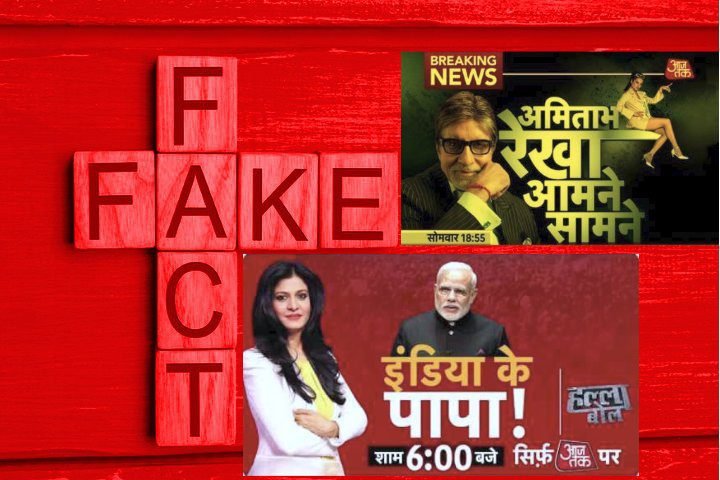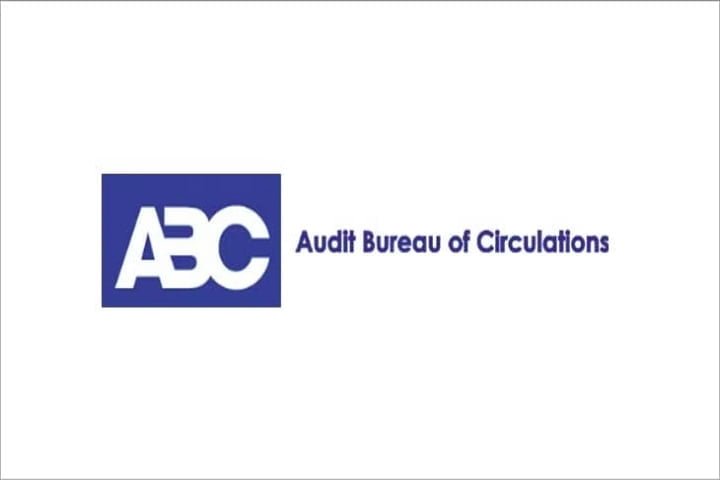CUET UG Journalism
What is a Sting Operation?
Sting operations are covert actions that journalists conduct to find illegal activity or gather evidence against people or organizations. These operations typically involve journalists posing as accomplices or participants in illegal activities to gather information or evidence.
The term “Sting Operation” was first used in 1973 in a Hollywood film called “Sting,” in which a man was trapped while accepting money. Sting operations are part of investigative or undercover journalism.
India’s Infamous and Sensational Sting Operations
Sting operations in India have been primarily undertaken to investigate the workings of the government or to determine whether an individual’s actions are against public order. These operations are claimed to make those in positions of power accountable and responsible.
Jessica Lal Murder Case

Sting operations by Tehelka magazine and Star TV played a significant role in convicting Manu Sharma, son of Vinod Sharma, former Congress minister, in the Jessica Lal murder case. The sting operation successfully exposed how money and power were used to coerce key witnesses into changing their statements in court.
It led to the case being reopened and the conviction of Manu Sharma, the son of Vinod Sharma, former Congress minister, who is presently serving life imprisonment in Tihar jail along with co-accused Vikas Yadav and Amardeep Singh Gill, who were sentenced for destroying evidence.
Operation West End
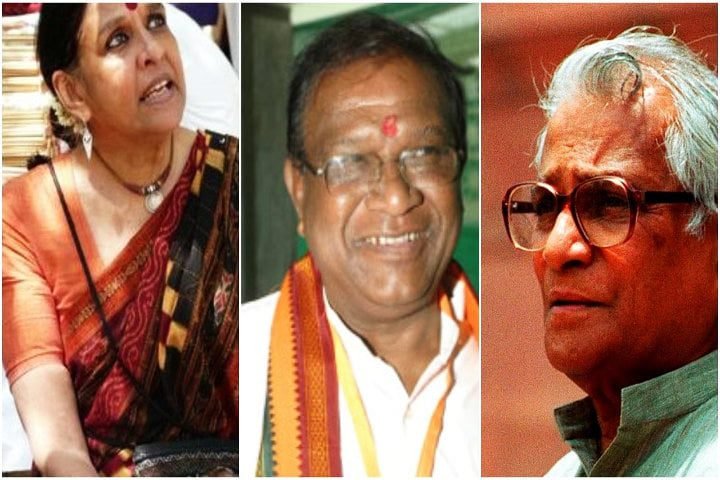
Operation West End is a major undercover news story in Indian journalism that exposed alleged bribery at India’s Ministry of Defense. Two reporters posed as arms dealers from a fake London-based company.
An undercover video showed politicians and defense officials, including Bangaru Laxman, the president of the ruling party BJP, discussing and accepting bribes to help individuals obtain government contracts. This led to the suspension and resignation of Laxman, Defense Minister George Fernandes, and several other defense ministry officials.
Delhi BMW Hit-and-Run Case
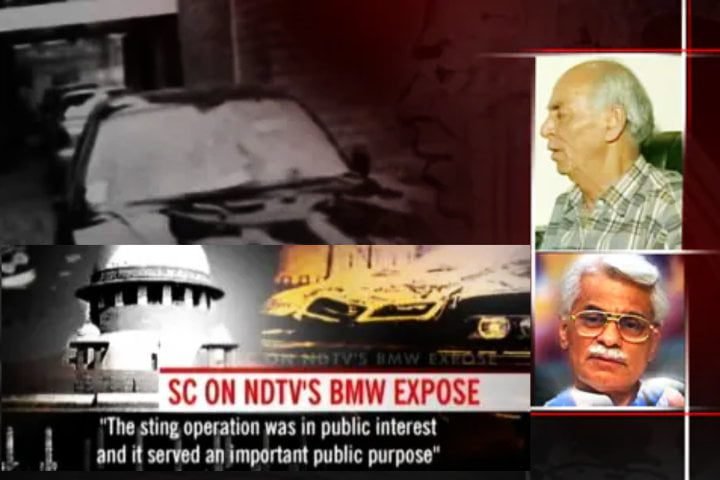
Sanjeev Nanda, a businessman from Delhi and the son of former Navy Chief Suresh Nanda, was involved in a hit-and-run incident on January 10, 1999. He drove his BMW through a police checkpoint, hitting six people, including three police officers. Initially acquitted in 1999, Nanda was later found guilty in 2008.
The Supreme Court sentenced him to five years in prison in 2012, reducing it to time served, a substantial fine, and two years of community service. A sting operation by NDTV revealed that Sanjeev’s lawyer, R K Anand, attempted to influence the prime witness to change his statement. The case received significant media coverage.
Operation Duryodhana
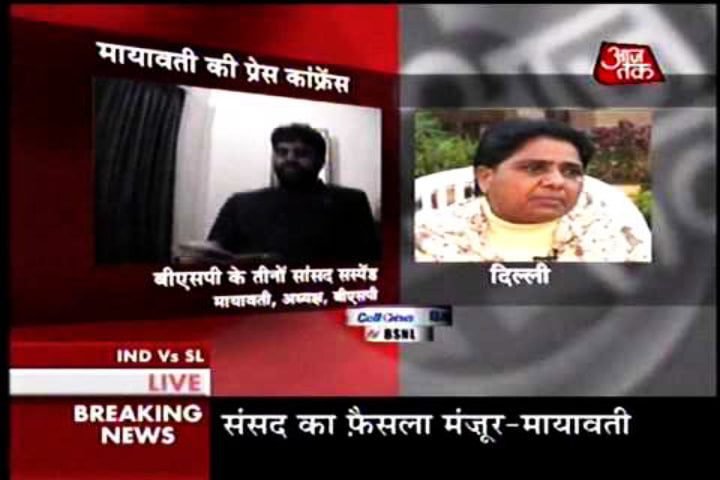
In 2005, Cobrapost conducted a sting operation known as Operation Duryodhana. This operation resulted in the expulsion of eleven members of parliament (MPs), 10 from the Lok Sabha, and 1 from the Rajya Sabha.
Among the expelled MPs, 7 were from the Bharatiya Janata Party, 2 from the Bahujan Samaj Party, 1 from the Rashtriya Janata Dal, and 1 from the Indian National Congress.
The MPs were caught on camera accepting payment in exchange for asking questions on the floor of Parliament during the operation. This marked the first such sting operation in the country’s history, resulting in the largest expulsion of MPs.
Narada Case
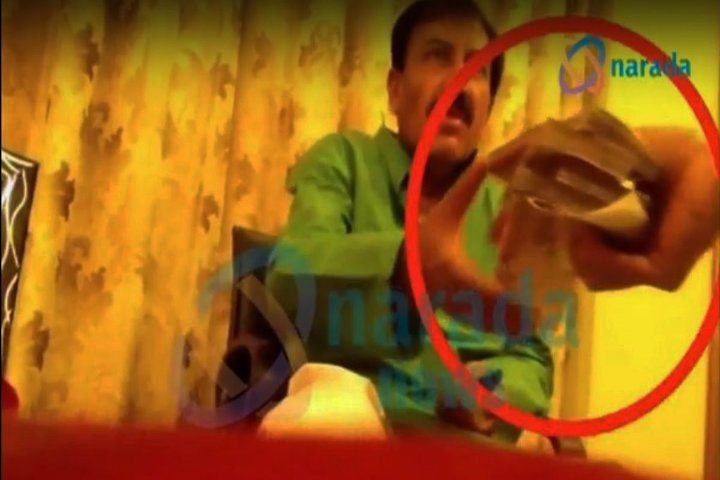
Tehelka conducted the Narada sting operation in 2014, but it first appeared on the Narada news website months before the 2016 West Bengal Assembly elections. It involved ruling party All India Trinamool Congress members and a senior police officer taking bribes to do favors to a fictitious company, Impex Consultancy Solutions, floated by reporters themselves.
Case Study: Operation West End
In March 2001, Tehelka released video footage of a major sting operation, “Operation West End.” The sting showed several defense officials, officers, and politicians from the then-ruling government discussing and accepting bribes.
Tehelka had two reporters pose as arms dealers peddling “fourth-generation thermal hand-held cameras” on behalf of a British company. The then-president of the Bharatiya Janata Party (BJP), Bangaru Laxman, was shown taking a bribe.
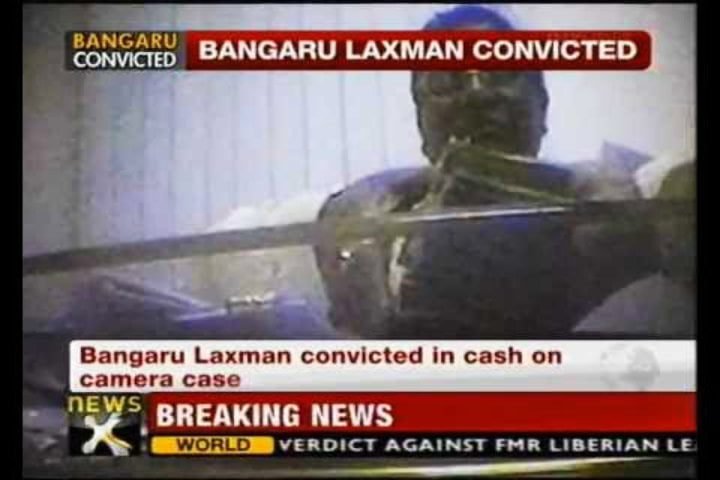
He and the Minister of Defense, who appeared on the sting video footage, had to resign. Several additional defense ministry officials and officers were suspended later.
One important milestone in this case came 23 years later, on January 22, 2024, when Tarun Tejpal and Aniruddha Bahal tendered an unconditional apology in the Delhi High Court to Major General MS Ahluwalia (Retd) for falsely accusing him of corruption in the defense procurement process.
The court ordered Tejpal and Bahal to apologize to the retired major by publishing a notice in an English newspaper and paying Rs 10 lakh each in compensation.

In the sting, Ahluwalia was offered a bribe of ₹50,000, but he refused to accept it. However, it was alleged that he had said he would need money to introduce West End officials to top army brass.
After being falsely accused, Major General MS Ahluwalia was court-martialed by the Indian Army and initially recommended for dismissal. However, the army chief later reduced the punishment and recorded his severe displeasure.
This verdict poses serious questions about the ethical dimensions of such an act and the irreparable damage it causes to innocents.
Ethical Dimensions of Sting Operation
Though it was a foregone conclusion that corruption was exposed due to Tehelka’s efforts and that justice has been served, the underlying ethical issues regarding the case are still open for debate.
To conduct this operation, Tehelka reporters used false impersonation, carried hidden cameras, and paid large sums of money (bribes) to touts, officials, and politicians on false pretexts. Then, they recorded their payments on hidden cameras and eventually offered these recordings as news to the public.
Tehelka reporters allegedly offered women as bait during the sting. They later justified their means and motive as minor ethical transgressions used to expose the grave corruption in the system of governance.
This operation opened a larger debate about ethics in the media. Is exposing corruption by tempting people into accepting bribes using the “sting” approach justified, or should the exposure of corruption using investigative reporting be encouraged? Does only the end result matter, or should the process also justify the final outcome?
Sting Operations vs Investigative Journalism
Why is the Indian media increasingly turning towards “sting” operations instead of investigative journalism to produce major stories, even though these operations have several inherent risks? There could be several possible explanations for this:
- Lack of independent, free, and fearless media
- Lack of access to crucial information due to red-tape
- The functional ineffectiveness of the legal system
- Lack of implementation of ethics codes for media
- Lack of time and resources to conduct long-form investigative journalism
Media organizations’ owners and editors have political or corporate agendas, which do not necessarily encourage investigative reporting. Also, investigative reporting requires a lot of self-discipline from reporters and editors, as it would often take weeks and sometimes months to come out with a single story. Given these circumstances, the media is likely to think sting operations are the best, maybe only, solution.
However, even after a series of sting operations, the question remains unanswered: Why did these sting operations fail to capture the nation’s imagination long enough to ignite a massive clean-up of the corrupt political system in India?
The first possible explanation for this could be a general mistrust toward politicians in India, where people consider corruption an inevitable part of the system. Second, the alleged use of women, liquor, and money to trap the target in this whole episode has raised questions about the credibility and motive of the reporters.
Legal Implications of Sting Operations
The people of this country have a right to know every public act and everything that their public functionaries do in a public way, as Justice Mathews ruled in the State of UP v. Raj Narain case. Their right to know is derived from the concept of freedom of speech.”
In Indian Express Newspapers (Bombay) Pvt. Ltd. and Ors v. Union of India, the Court emphasized that freedom of the press and information is vital for realizing human rights.
The Court used Article 19 of the Universal Declaration of Human Rights to make the observation that journalism should focus on the public interest, and sting operations often serve that purpose.
In India, there is no law regarding the validity of sting operations. While sting operations can be seen as a form of press freedom, they also come with the responsibility to respect the privacy of others.
Some TV channels engage in sensationalized journalism to boost their ratings. However, freedom of expression is not unlimited but subject to specific limitations outlined in Article 19(2).
Conclusion
“Sting operations can be both forceful and harmful to the public. Sting operations can be forceful by revealing an individual’s wrongdoings, while they can also be harmful by infringing upon the right to privacy, a fundamental right protected by the Indian Constitution. They can also trap an innocent person into committing a wrongful act that they might not have done under normal circumstances.”
Journalists must be fair and accurate, and they must explain their actions to their organizations and the public.
The CUET UG Mass Communication syllabus contains this topic under the Journalism section.

